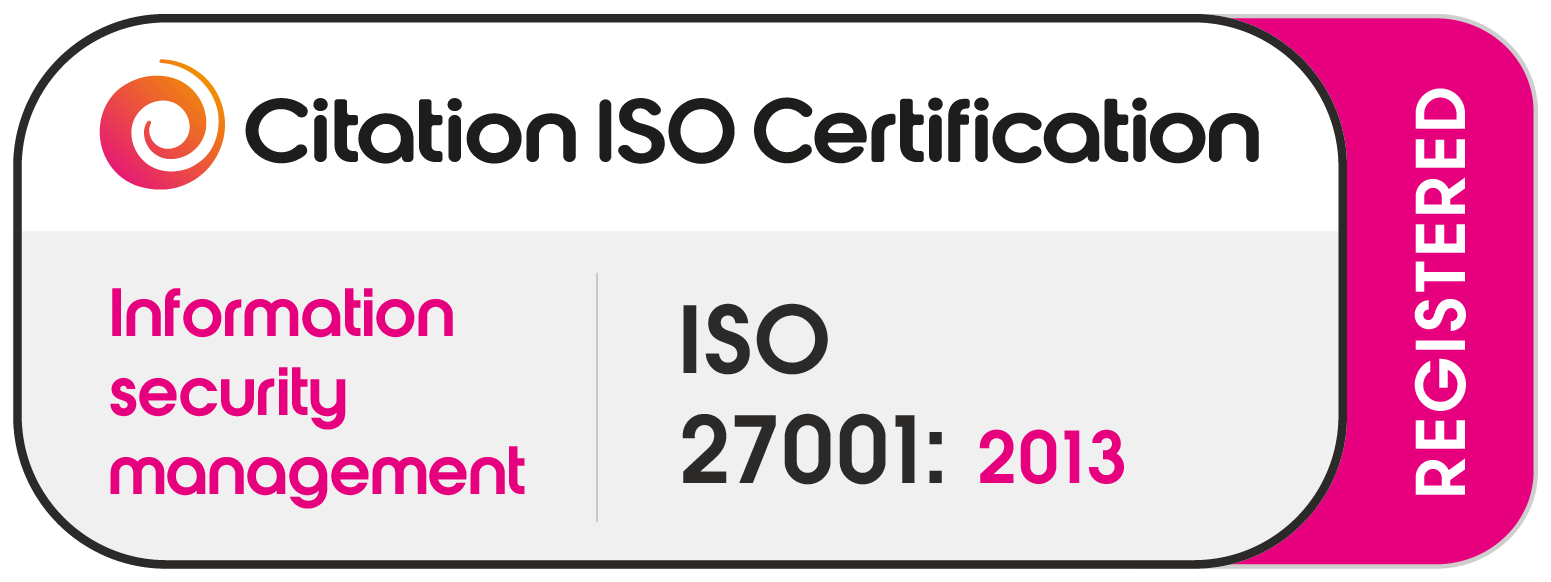Every company has its own set of characteristics. These may have evolved over many years or been the same since an organisation’s inception.
A company’s character or culture is the intangible ethos that drives it as a business. It’s about how groups of people interact with each other and the values they share. Your company culture is a strong influence on how your employees do their jobs and the attitude they take towards you, their employer.

So how important is company culture? According to Monster.com, a study of job applicants found:
• Applicants who were a cultural fit would accept a 7% lower salary
• Departments with cultural alignment had 30% less turnover
This shows that employees will stay with companies with a culture they like or that matches their own characteristics.
Vision and values
Your company culture can be defined by a vision or mission statement that provides a sense of identity and purpose. It should give authenticity to your business goals, help motivate staff and can even influence your customers.
Alongside this vision is a set of values that guides behaviour and helps staff adopt the mindset needed to achieve company goals. Foreword-thinking organisations will clearly communicate their vision and values to all employees as they become a benchmark for professional standards. It becomes clear this is how you expect your staff to behave towards customers and colleagues.
Putting values into practice
Your company’s values maybe documented but are they put into practice? Do your staff respect each other? Do your managers motivate their teams? And are your leaders setting an example that’s followed?
Whatever your values, they should be reinforced in your company’s processes, procedures and policies, and fully communicated at every opportunity. They should be instilled into the working practices of each employee.
But what happens when two companies merge?
Learn from one another
When two companies come together in a PMI situation, there can be a clash of cultures.
The way to move forward from this position is to learn from each other. The vision of a company may have changed as a result of a merger and acquisition. In which case, the organisation’s values are also likely to have changed.
In a situation like this, it’s vital for the heads of the businesses to come together to forge a new culture. If this doesn’t happen, you can quickly find your company starts to lose its identity and employees begin to feel dissatisfied with their working environment.
By taking the best from each of the merging businesses, you can forge a new culture that’s more relevant to both the company and your employees. This renewed sense of identity can have a huge impact on morale and bring a considerable boost to productivity.
Would you like to learn more about defining your company culture in an M&A situation?
When it comes to PMI, Beyond M&A has always taken a people first approach.
If you’d like to understand more about the importance of company culture in your post-merger integration and gain maximum value from your IT infrastructure, contact us for a friendly discussion regarding your particular business needs on 0800 622 6719.
{{cta(’23b74a59-42a2-4a7c-8ded-6111a29634b7′)}}







